BlockTexx closes series B funding
BLOCKTEXX® CLOSES $7M SERIES B FUNDING TO SCALE WORLD-LEADING TEXTILE RESOURCE RECOVERY TECHNOLOGY
20 Feb 2024
BlockTexx®, a clean technology company recovering polyester and cellulose from textiles and clothing, today announced it has successfully closed its Series B funding round to scale its world-leading blended textile resource recovery technology.
Seed investors Mike and Sue Gregg, along with Artesian continue their support of BlockTexx® and their backing of home-grown Australian innovation. The funding milestone of AUD $7 million comes from existing investors and fashion innovation platform, Fashion for Good.
BlockTexx® is on an urgent mission to divert textile and clothing waste from landfill by re-manufacturing textile waste back into the world's new products; Fibre to fibre (clothing the world), fibre to product (protecting the world), fibre to agriculture (greening the world).
The pioneering BlockTexx S.O.F.T.™ (separation of fibre technology) process is the solution for hard-to-recycle clothing blends. Housed in their state-of-the-art commercial scale textile recovery facility in Australia, BlockTexx® uses advanced chemistry and advanced manufacturing to unlock the potential for future materials.
BlockTexx® operates an end-to-end ecosystem for unwanted textiles and clothing, with Australia-wide collection, decommissioning and shredding through to processing and remanufacture into new products.
BlockTexx co-founders Adrian Jones and Graham Ross said they are delighted by the ongoing participation of existing investors, Mike and Sue Gregg, and Artesian Investments, who continue to believe in BlockTexx’s mission to develop and scale textile recycling technology for difficult to recycle blended materials.
Investor Mike Gregg said textile waste is a problem without a solution. “BlockTexx saw the opportunity early and have been relentless in developing real world technology to address the problem. Sue and I back founders who are tackling the big problems the world is facing.”
“Graham and Adrian have built a strong business model and are doing what they promised, diverting textiles from landfill,” Mike said, “Investment in advanced manufacturing needs patient capital especially in developing industries. BlockTexx’s founders have used capital very efficiently.”
BlockTexx also welcomes a new investor, Amsterdam based Fashion for Good, a globally recognised innovation platform that connects sustainable innovation technologies to brands, retailers, manufacturers and funders.
Fashion For Good Frans Jooste - Investment Manager said BlockTexx® is an alumni of Fashion For Good’s South Asia 2020 Innovator Accelerator program, the first time the program was run outside of Europe.
"Having worked with Blocktexx over the last few years, Fashion For Good is excited by the opportunity to now also support them as a capital partner. The company has shown great promise in establishing itself in local regions and combined with Fashion for Good's ongoing strategic support, we look forward to seeing the business grow within the global textile industry."
BlockTexx® co-founder Adrian Jones said that BlockTexx continues to develop the future textile industry and inform government policy.
“This raise shows the increasing maturity of the textile to textile recycling market and the increasing confidence of the investment community to support this growing industry. We look forward to further growth and development”
BlockTexx® co-founder Graham Ross said the company continues to be driven by its pioneering spirit.
“Over the last five years we have developed, commercialised and are now scaling our S.O.F.T. process,” Graham said. “This new investment accelerates two things: our ability to meet the market demands for our remanufactured products - PolyTexx and CellTexx, and our ability to take our end of life textile solution to the world.”
Funds from the series B raise will be used to expand BlockTexx’s textile recovery facility in Loganholme, Queensland from current stage 1 capacity of 4,000 tonnes per annum (tpa) to stage 2 of 10,000tpa.
